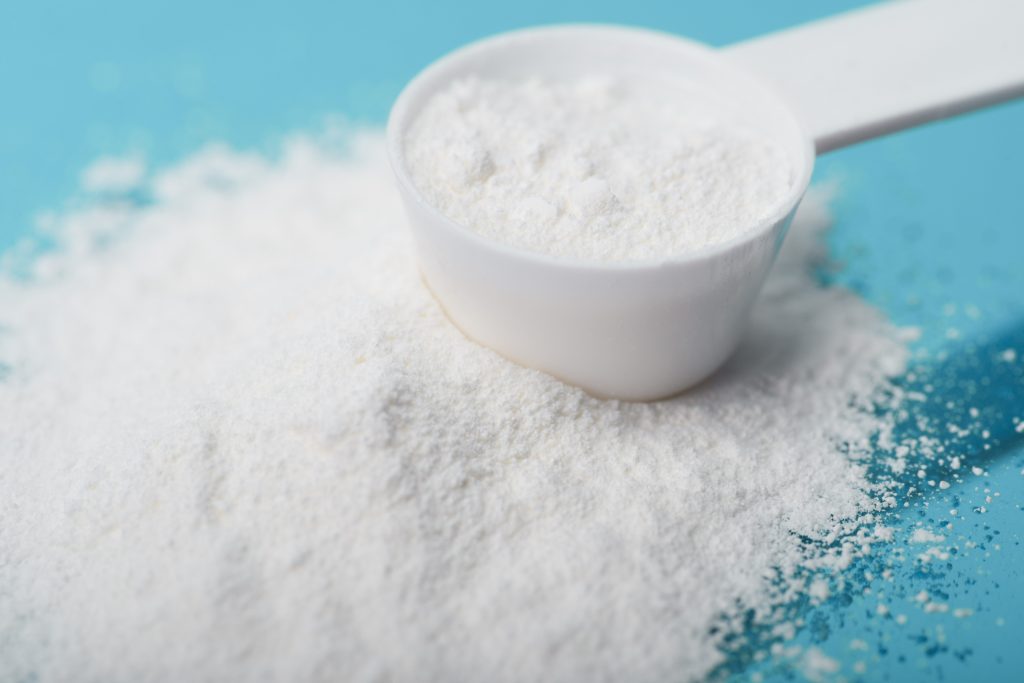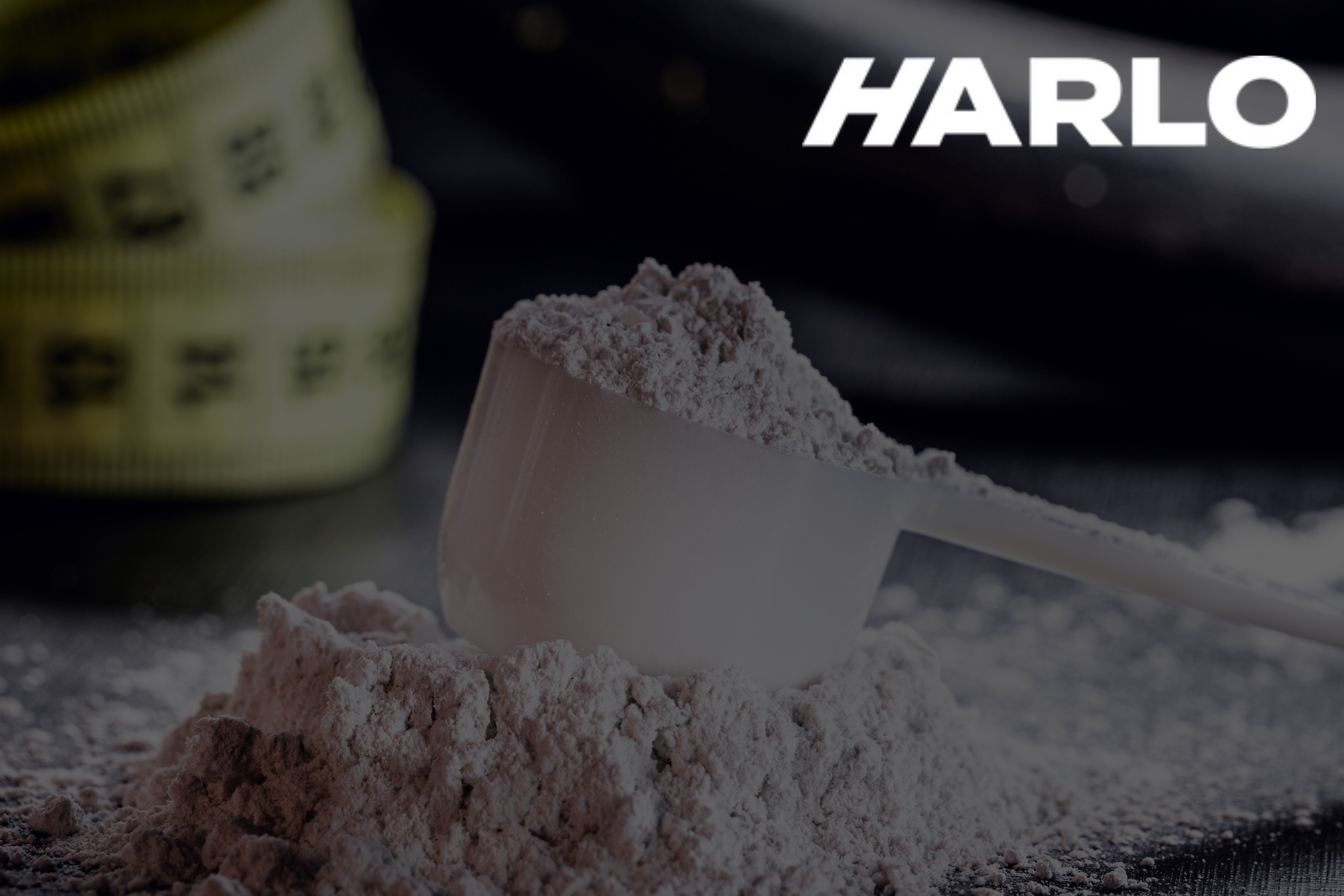Creatine supplementation is a topic that has been surrounded by numerous myths and misconceptions. These myths often arise due to a lack of accurate information and the spread of hearsay. It is important to debunk these myths in order to provide the public with accurate and reliable information regarding creatine supplementation. By doing so, individuals can make informed decisions about whether to incorporate creatine into their supplement routine.
This article will address some of the most common myths surrounding creatine supplementation. These include the belief that creatine is a steroid, that it causes kidney damage, and that it leads to dehydration or muscle cramps. Each of these myths will be thoroughly examined and debunked, providing readers with a clear understanding of the true effects and benefits of creatine supplementation.
By dispelling these myths, individuals who may have previously been wary of creatine can feel more confident in their decision to incorporate it into their supplement regimen. Additionally, debunking these myths will help prevent the spread of misinformation and ensure that individuals have access to accurate information when making decisions about their health and fitness goals. Ultimately, the aim is to provide the public with the knowledge they need to safely and effectively use creatine supplementation.
Myth: Creatine is a Steroid
Athletes and bodybuilders utilize creatine to boost performance and muscle building. Creatine and anabolic steroids have various effects on the body and should be distinguished.
Small levels of creatine are contained in various meals and created by the body. It is essential to energy metabolism, especially the creation of ATP, the main fuel for muscular contractions. Creatine supplements may boost performance in high-intensity, short-duration exercises like weightlifting and sprinting by increasing creatine reserves.
Creatine does not affect testosterone levels or hormonal balance like anabolic steroids. Creatine does not cause liver damage, cardiovascular difficulties, or mood changes like steroids. This supplement is safe and legal when taken as advised.
Creatine usage is sometimes confused with steroid use, raising worries regarding negative effects. However, several studies have proven that creatine supplementation in acceptable amounts and duration is safe. One of the most effective and safest sports nutrition supplements, creatine has been thoroughly examined.
Anabolic steroids and creatine have various impacts on the body. Creatine, a natural chemical, is essential to energy metabolism without steroid side effects. The notion that creatine is linked to anabolic steroids may dissuade people from using this substance to improve performance and reach their fitness objectives.
Myth: Creatine Causes Kidney Damage
The misconception that creatine, a popular sports supplement, damages the kidneys has persisted for years. Close scrutiny of scientific facts shows that this is a myth. Many studies have shown that creatine supplementation for renal function is safe.
Many studies have examined creatine’s effects on kidney health, and the findings are positive. Creatine use for up to five years did not harm kidney function, according to a Journal of the International Society of Sports Nutrition research. Another American Journal of renal Diseases research found creatine supplementation safe and well-tolerated for chronic renal disease patients.
Creatine’s link to kidney injury seems to be based on anecdotes and misinformation. Creatine is safe for the kidneys at suggested levels of 3-5 grams per day.
Creatine does not affect kidneys. Numerous studies have established that creatine supplementation, when taken as advised, is safe for renal function. This misconception must be dispelled and the public informed to guarantee appropriate creatine usage as a performance-enhancing substance.
Myth: Creatine is Harmful to the Liver
Creatine is a naturally occurring substance that is essential for energy metabolism in muscles. It is mostly generated in the liver and kidneys and stored in muscles. Contrary to widespread assumption, creatine supplementation has never been found to harm liver function.
Creatine has not been shown to affect the liver in many investigations. The Journal of the International Society of Sports Nutrition published a research on 98 male volunteers randomly allocated to creatine supplementation or placebo. The two groups had similar liver function, including liver damage indicators and enzymes.
In reality, creatine supplementation may assist liver patients. Creatine supplementation and exercise lowered liver fat and improved liver enzymes in NAFLD patients.
Despite the quantity of data proving creatine supplementation’s liver function safety, hepatotoxicity myths persist. It’s important to differentiate between scientific research and anecdotes that may cause these errors. Creatine does not affect the liver, according to current research.
Myth: Creatine Causes Dehydration and Cramping
Many sportsmen and bodybuilders use creatine to boost muscular strength and performance. However, creatine is often thought to promote dehydration and muscular cramps. Claims that creatine pulls water into muscles, dehydrating other regions of the body and increasing cramping risk.
Creatine’s intracellular water retention mechanism is distinct. After eating, creatine becomes phosphocreatine and is deposited in muscles. During high-intensity activity, phosphocreatine provides energy. This storage method causes muscle cells to retain water, not lose too much water.
Many research have studied how creatine supplementation affects hydration, dehydration, and cramping. These investigations consistently reveal no creatine-related dehydration. Research has also shown no link between creatine supplementation and muscular cramps.
Hydration is key to maximizing creatine supplementation effects. Creatine does not dehydrate, although enough fluid intake is necessary. Hydration improves muscle function and performance independent of creatine dosage.
Myth: Creatine is Only Effective for Bodybuilders
Bodybuilders are known for using creatine to develop muscle. However, deeper inspection shows its many advantages beyond muscle strength and size. Creatine has been shown to improve performance in several sports, indicating its potential broad use.
Creatine supplementation improves sprinting, swimming, and cycling athletes’ strength, power, and endurance, according to research. Creatine improves sprinters’ high-intensity, short-duration performance, speeding up sprints and increasing power. In distance activities like swimming and cycling, creatine delays exhaustion, improving endurance.
Creatine aids more than just top athletes. It may boost strength and power in elderly people and those with neuromuscular illnesses, according to research. Creatine supplementation improves muscle function, strength, and daily living activities in these groups.
While creatine is commonly associated with bodybuilders, its benefits are widespread. Athletes use creatine to boost strength, power, and endurance. Its ability to improve muscle performance in diverse groups further establishes creatine’s versatility and benefits.
Myth: Creatine is Unsafe for Long-Term Use
Contrary to widespread assumption, long-term research have proven that creatine supplementation is safe and well-tolerated. Over many years, these investigations have illuminated creatine’s hazards and advantages.
The FDA and EFSA have extensively assessed creatine’s safety and found it safe to consume when taken as indicated. These authorities have defined standards and daily ingestion amounts, confirming creatine’s long-term safety.
Creatine is safe, however cautious dose and medical advice are essential. Like any product, creatine overuse may have side effects. It is typically well-tolerated and safe for long-term usage when administered at prescribed dosages according to evidence-based guidelines.
Long-term creatine usage is not dangerous. Creatine supplementation is safe according to long-term research and regulatory organizations. However, any dietary supplement should be used cautiously and with medical advice.

Conclusion
In conclusion, this article has successfully debunked several myths surrounding creatine. It has explained that creatine is not a steroid and does not pose a risk to kidney function when used appropriately. Furthermore, it has clarified that creatine does not cause dehydration or cramping, but rather may actually have hydrating effects. Overall, the article emphasizes the importance of making informed decisions based on scientific evidence when it comes to dietary supplements like creatine. It encourages readers to consult with healthcare professionals and follow proper dosage guidelines to ensure their safety and efficacy. When used appropriately, creatine has been shown to be a safe and effective supplement for enhancing athletic performance and muscle strength. By dispelling misconceptions and relying on scientific evidence, individuals can make informed decisions about incorporating creatine into their fitness routines and maximize its benefits.

